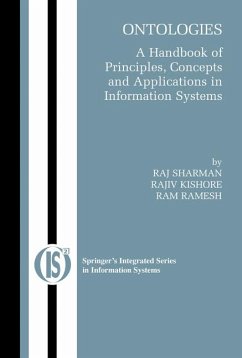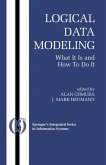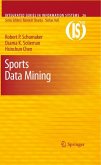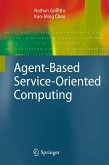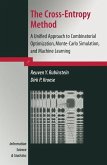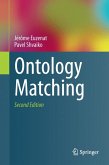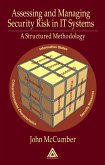The primary objective of ONTOLOGIES: A Handbook of Principles, Concepts and Applications in Information Systems is to mobilize a collective awareness in the research community to the leading and emerging developments in ODIS, and consequently, highlight the enormous potential of ODIS research to both fundamentally transform and create innovative solutions to several problems in various domains. This book is a compilation of 32 leading-edge chapter contributions from some of the top researchers in the community working in various fundamental and applied disciplines related to ODIS. These chapters are organized into four broad themes: Foundations of ODIS, Ontological Engineering, ODIS Architectures, and ODIS Applications. These four themes together describe the state-of-the-art in ODIS and give a complete perspective on the problems, solutions and open research questions in this field. The foundations of ODIS are addressed in Chapters 1-6. The principles and techniques of ontological engineering in the context of ODIS are covered in Chapters 7-14. A collection of ODIS architectures in a variety of contexts is presented in Chapters 15-24, and lastly, a set of important and emerging ODIS applications is presented in Chapters 25-32.
We expect this book to trigger innovative thought processes that will open up significant new domains in ODIS research. Numerous open research questions, challenges and opportunities can be found throughout this book and we hope this will stimulate significantresearch over the years.
Dieser Download kann aus rechtlichen Gründen nur mit Rechnungsadresse in A, B, BG, CY, CZ, D, DK, EW, E, FIN, F, GR, HR, H, IRL, I, LT, L, LR, M, NL, PL, P, R, S, SLO, SK ausgeliefert werden.

